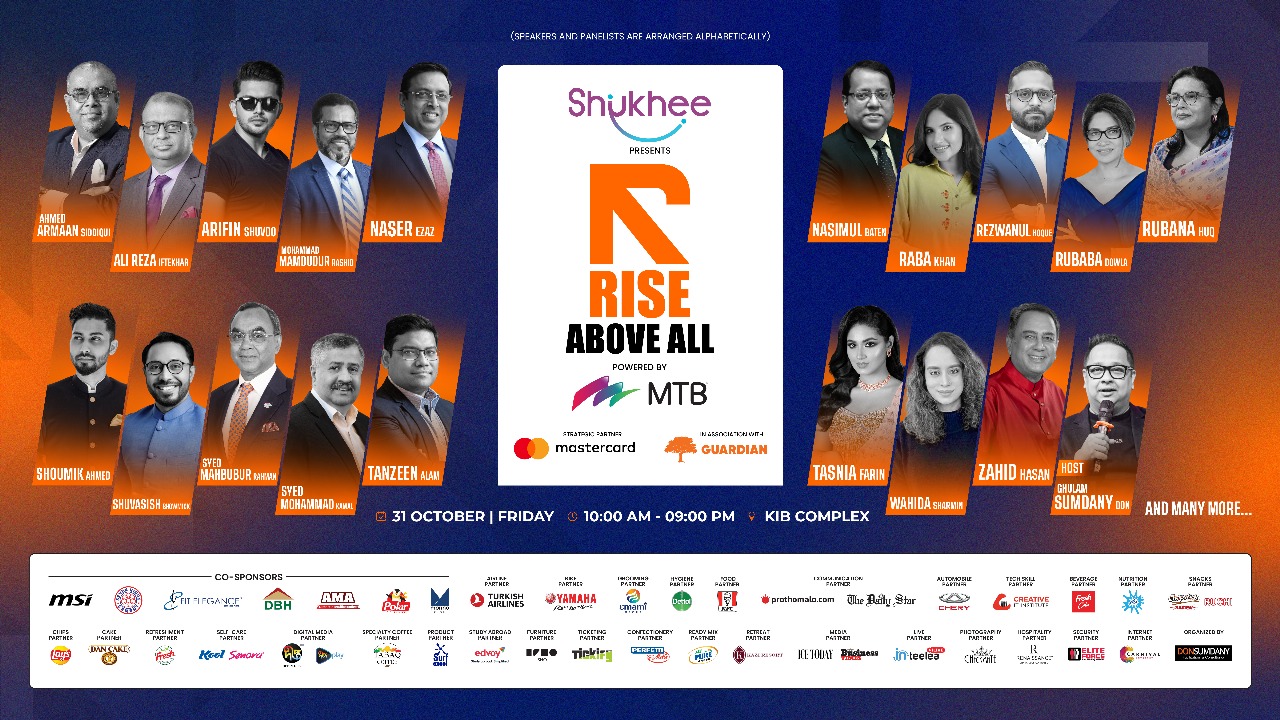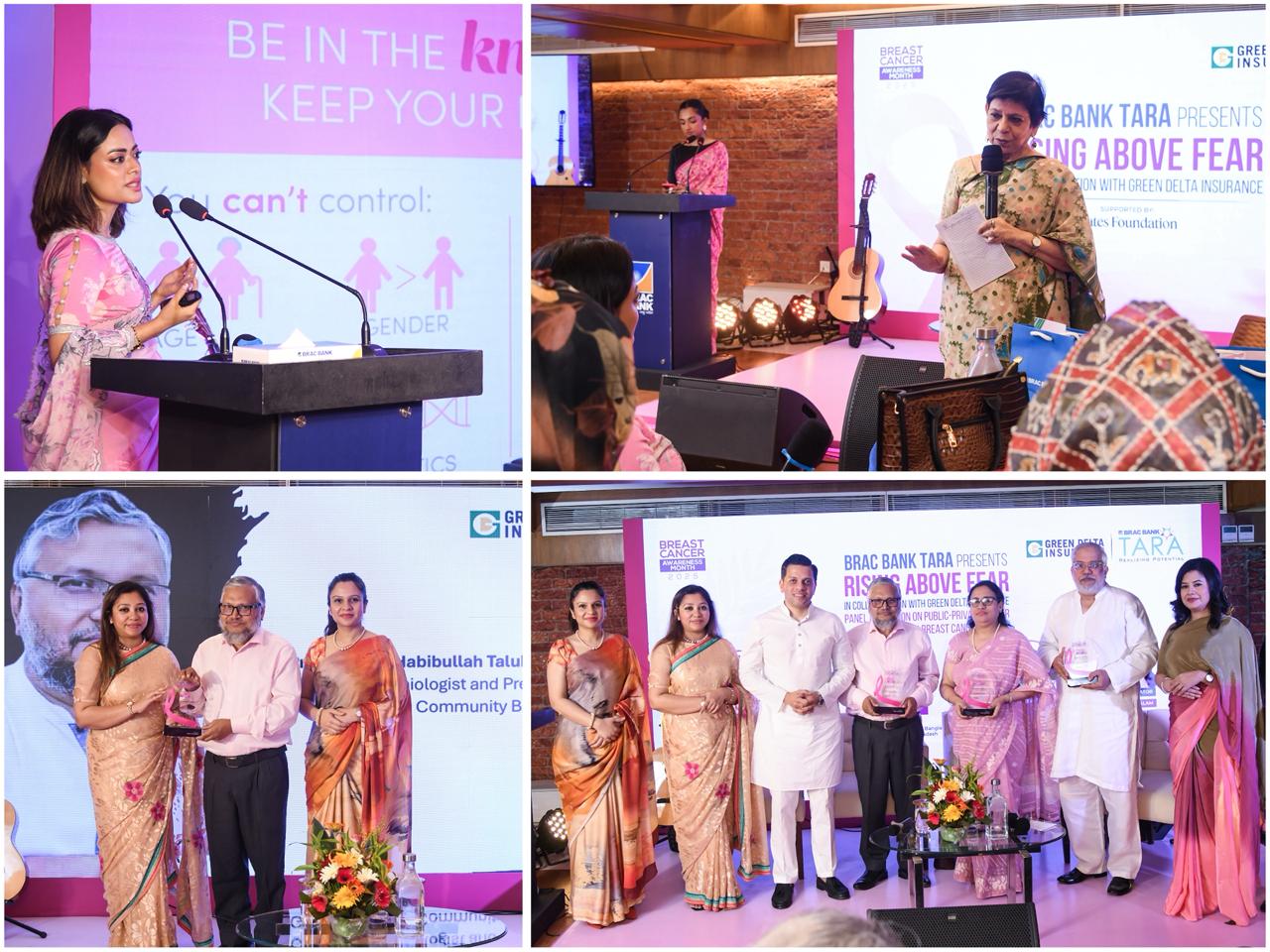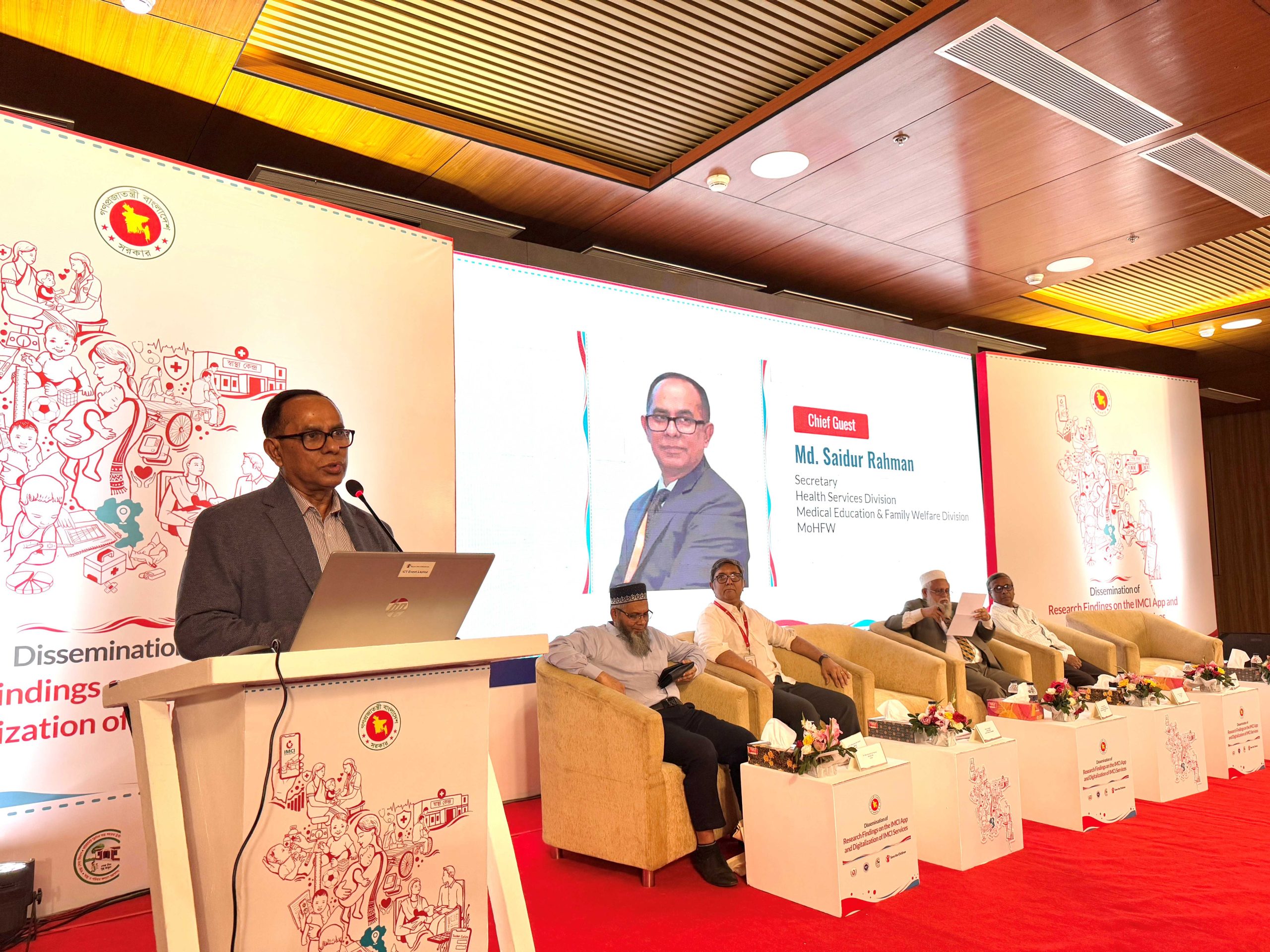In conversation with Mishael Aziz Ahmad,
Manager of Living Blue, a company owned by CARE Bangladesh has been following the model of a proven social business.
Tell us how Living Blue was conceived.
Indigo is our flagship product and quilting is our defining skill. Living Blue in fact started as a project called Nijera Cottage & Village Industries, under CARE Bangladesh back in 2004, the way of earning of communities from Rangpur was agriculture. Over time, Indigo was found by an Indian designer working with CARE . The indigo plant used to be the natural fix and organic fertilizer in that geographical area. It did not require any extra land to cultivate. Only adding one-step in the existing steps of agro production prior to finding the indigo insight, lead the way to this high-end brand. The quilting techniques were merged with the Japanese form of tie die (shibori) and gave birth to Living Blue – best of Bangladesh.
What makes Living Blue a success story in terms of social Business?
Half of the business is owned by workers who make Living Blue a success story and the rest is by the Social Business wing of CARE. The workers have their own management body running the company. The wages are fair in the company that is democratically managed and the owners have influence over the profit. The profit is used to maintain the wellbeing and sustainability of the community.
The other aspects of a social business is also being practiced while Living Blue is an amazing melting pot for corporate practices blending with development models, making the business a successful social business venture from CARE Bangladesh.
What specific market does the business cater to? If not the local market, why not?
You can never restrict your customers. When it comes to high-end craft, targeting the consumers get a little bit tricky. Our product is without any doubt high-end collectibles. To make the model sustainable, targeting the right consumers with a passion for hand quilted items and natural dye is important. In most cases, they are collectors with similar interest in the techniques used by our quilters called Lohory and the natural dye from Bangladesh that is considered the best in the world. That being said, most of our consumers are collectors from all over the world. Delhi loves our products.
Other than being involved in social business, what else is Living Blue doing for the community of Rangpur?
The members of the community are given a sense of ownership rather than just working for the company, where they manage and run the organization and slowly gaining interest towards education. Living Blue contributes to the health and education of the community as a whole of that geographical location.
How does Living Blue operate?
In the simplest manner, CARE would owns the lead share and the community owns the rest. There is a management team formed by the owners who is liable to the board. The owners have full control over the profit made and the global brand image is maintained.
What are the future plans of Living Blue ?
Living Blue has been a business for last 7-8 years and slowly growing aligning the demand and the production capability. We prefer not going into mass production as it is high value craft and the demand is slowly moving. We are planning to grow organically where our skills and production match the global and local demand.
Working for a social business does not provide financial assurance, as some would like to believe. Is it true at all? What is your take on this perception of the mass?
In order for someone to work for a social business, the passion is extremely important. Many aspects are intangible here. It may not have crazy high pays like the corporations but the intrinsic value of working for one is amazing. You need to make a choice and find a career that aligns with your interest and value. Finally, the equation of passion vs. money comes into play here.
As an expert, what would you advice the fresh graduates who are starting their career regarding considering social business as a career path?
It is important to get a head start somewhere and gather enough experience to know if you want to come in to the world of social business or not. I would advise the fresh graduates to have a solid work experience that would help define the inner interest and abilities before setting foot into social business.















